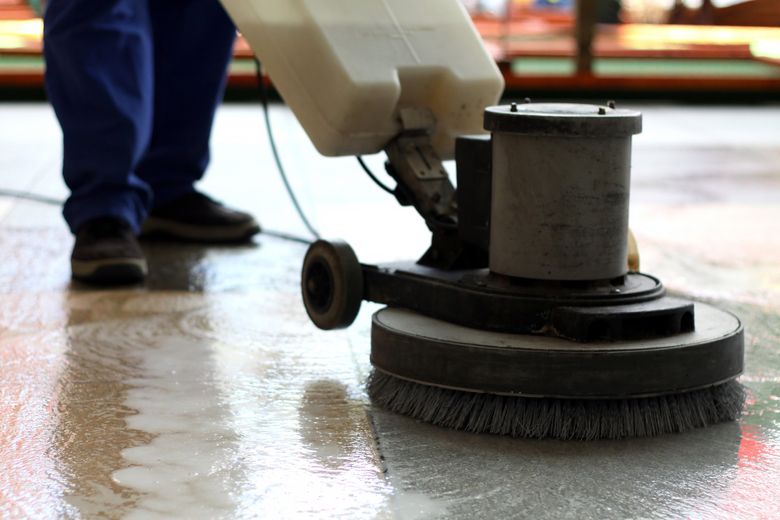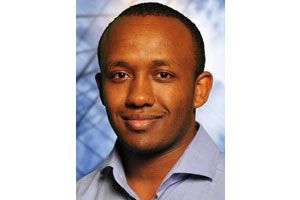Date: Sunday, 24 September 2017

AS the sons and daughters of immigrants, we represent the dreams in a bottle that have traveled across vast seas, searching for better futures. Given opportunities that our parents could only dream of, we are encouraged to reach for the stars. Bringing to life the old African proverb that it takes a village to raise a child, the Seattle Habesha community, composed of Eritrean and Ethiopian immigrants, strives to be such a village for its kids.
Every kid is that hope in a bottle, and the community comes together annually to celebrate the coveted milestone of college graduation. As a recent University of Washington graduate, I got to experience this as my family and community members gathered for an evening filled with delicious cultural food and Habesha music. While, I am indebted to many, there is a select group I feel strongly compelled to thank.
These men and women are members of the UW janitorial staff. To be more exact, they are the Ethiopian and Eritrean moms and dads who spend their days cleaning the hallways and classrooms of the university. Men and women to whom I never gave enough time, but who were, in hindsight, one of the few true sources of motivation and resilience, wishing me and those like me the brightest future they could conceive.
They work quietly about us, hoping not to distract us from getting to class on time, with our oversized textbooks and tortuous math questions we seem so keen to solve. While they may not understand the organic chemistry, skeletal structures or differential equations on the white boards, I would see them gazing in awe when one of us was at the helm with pen-in-hand. I have come to understand that we students are the dividend of a long-positioned investment — the actualization of a dream that was conceived many years ago.
For many of them, their investments started when we were toddlers. They left all they had known to partake in what may be the greatest quest of modern time — in search of the American dream. They felt the calling, not looking for handouts, but to flee their discouraging homeland with bad leaders. Their calling was to work hard so that their children, that next generation, could find success.
When I would see them sweeping the hallways on my way to class or vacuuming the floors of Odegaard Library in the early hours, my sometimes sullen posture would stand erect and my fading enthusiasm for study would again find life. To me, and many Habesha students, these moms and dads served as reminders to work hard, to utilize our time and to enjoy life.
While their jobs may seem menial, their hearts are nothing short of extraordinary. Although I failed to invest the time to talk with them, the customary bow was enough to draw a smile, a simple gesture that took until my last year to work into my repertoire. However, they never seemed to keep track, and the blissfulness of their response gave me greater purpose.
As the college kids of immigrants, we don’t just have the duty to make grades and graduate to successful careers, but to work to allow the Habesha janitors of the world to live vicariously through us. If a simple bow can garner a smile, imagine what a conversation would do.
And to every Habesha janitor at UW, thank you. Seeing the commitment to your jobs and understanding the sacrifices you made for your children and community were the encouragement I needed. I look forward to passing on your lessons.
Michiyas Assefa is a recent graduate of the University of Washington in Industrial Engineering. He wants to help create equitable and sustainable systems through technology.

Michiyas Assefa is a recent graduate of the University of Washington in Industrial Engineering. He wants to help create equitable and sustainable systems through technology.